

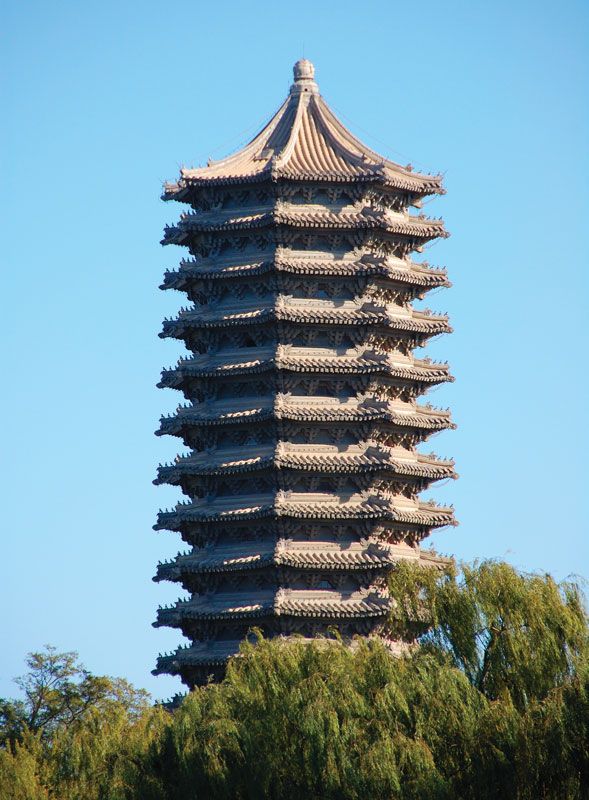
In a recent ranking of universities in Asia, China's Peking University was named the best university in the region, followed by the University of Hong Kong and the National University of Singapore. On the other hand, India's IIT Delhi and IIT Bombay secured the top two spots among Indian universities, while five other Indian institutes made it into the top 100 list. With China dominating the top rankings, the competition for the best universities in Asia continues to grow.
Asia's Educational Landscape: Peking University Tops QS Rankings
In a recent ranking of universities in Asia, China's Peking University has emerged as the undisputed leader, dethroning the National University of Singapore (NUS), which had held the top spot for four consecutive years. The QS World University Rankings Asia 2023 placed Peking University first, followed by NUS in second and the University of Hong Kong (HKU) in third.
China Dominates Top Rankings
China's dominance in the top rankings is evident with three of its universities securing positions in the top five. Tsinghua University climbed to fourth place, while Fudan University retained its fifth position. This dominance reflects China's significant investment in higher education and its focus on research and innovation.
India's Stellar Performance
Despite China's strong showing, India's top universities have also performed exceptionally well. The Indian Institute of Technology (IIT) Delhi and IIT Bombay secured the top two spots among Indian universities, with IIT Madras, IIT Kharagpur, and IIT Kanpur also making it into the top 100 list. This achievement highlights India's growing prominence as a global hub for education and research.
Competition for Excellence
The competition for the best universities in Asia continues to intensify. With China and India leading the charge, other countries in the region are also striving to improve their educational standards. This competition has led to increased collaboration between universities and the establishment of new research centers and international partnerships.
Top 5 FAQs
1. Why has Peking University ranked first in the QS Rankings Asia 2023?
Peking University has excelled in several key areas, including academic reputation, employer reputation, faculty-student ratio, and citations per faculty. Its strong performance in these indicators has contributed to its top ranking.
2. What is the significance of India's universities performing well in the rankings?
India's top universities' strong performance reflects the country's growing investment in higher education and its commitment to fostering research and innovation. These universities are playing a pivotal role in shaping India's future and enhancing its competitiveness on the global stage.
3. How can Asian universities improve their rankings?
Asian universities can improve their rankings by focusing on research excellence, attracting top faculty and students, enhancing international partnerships, and fostering a collaborative and innovative environment. Continued investment in education and research is also crucial.
4. What are the trends in higher education in Asia?
Emerging trends in higher education in Asia include an increased focus on STEM fields, interdisciplinary research, and collaboration between universities and industry. Digitalization and online learning are also gaining prominence.
5. What challenges do universities in Asia face?
Universities in Asia face challenges such as funding constraints, political interference, and the need to adapt to rapidly changing economic and technological landscapes. They also need to address issues of access and equity to ensure that all students have equal opportunities for higher education.

On June 1, 2025, the Global Day of Parents will celebrate caregivers and parents around the world for their unwavering dedication, nurturing love, and sacrifices. The theme, "Raising Parents," aims to highlight the need to support and equip parents with the skills and resources necessary to raise their children effectively. This day serves as a reminder of the remarkable role parents play in shaping their child's development and well-being.
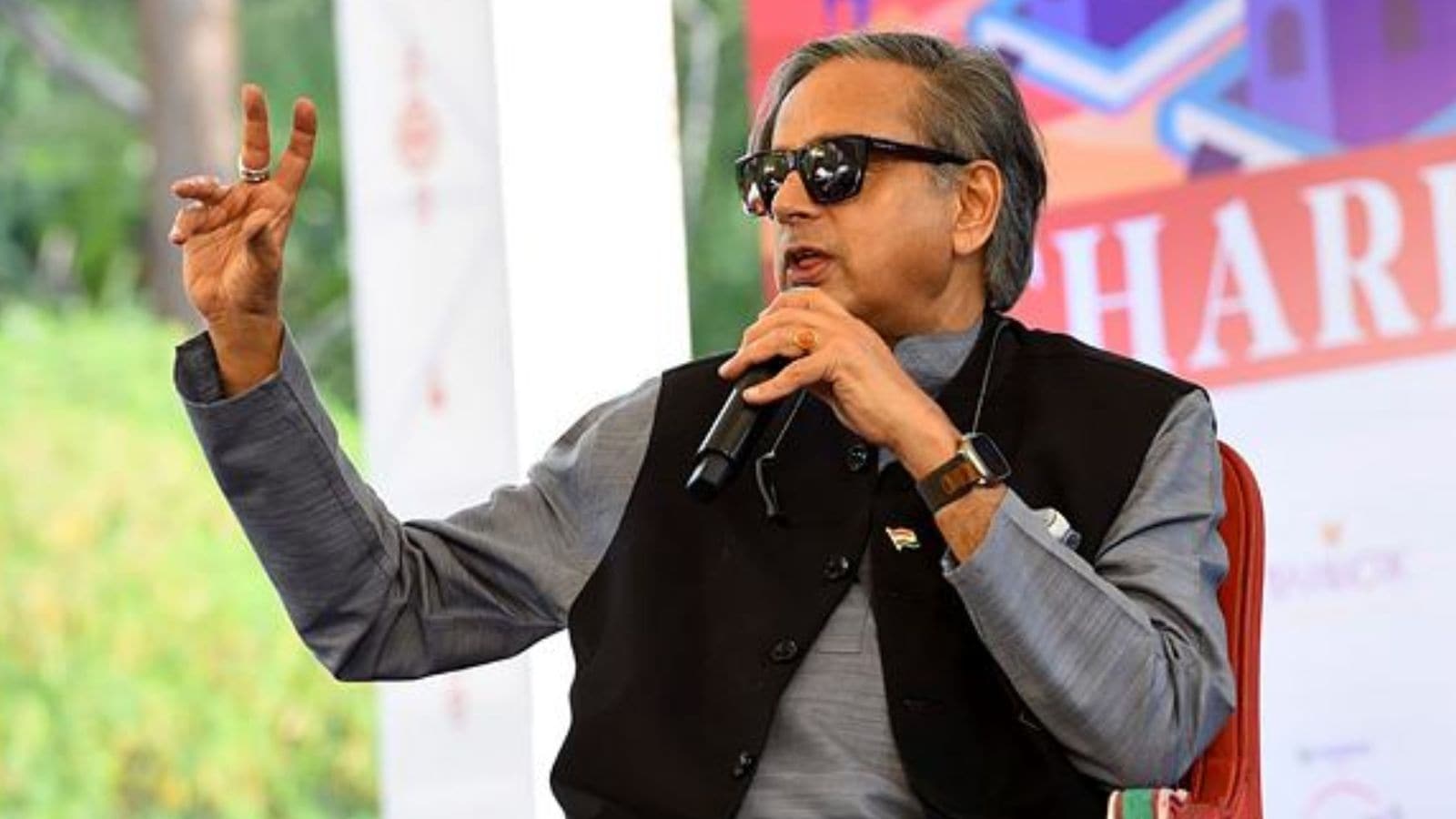
Congress MP Shashi Tharoor expressed disappointment with Colombia's recent statement on India's military strikes in response to the Pahalgam terror attack. Tharoor, currently in Bogotá as part of an Indian foreign outreach delegation, urged the Colombian government to understand the gravity of the situation and the need for self-defence. He also reminded them of the evidence linking the attack to Pakistan-based terror groups and called for support from other governments against countries that shelter terrorists.
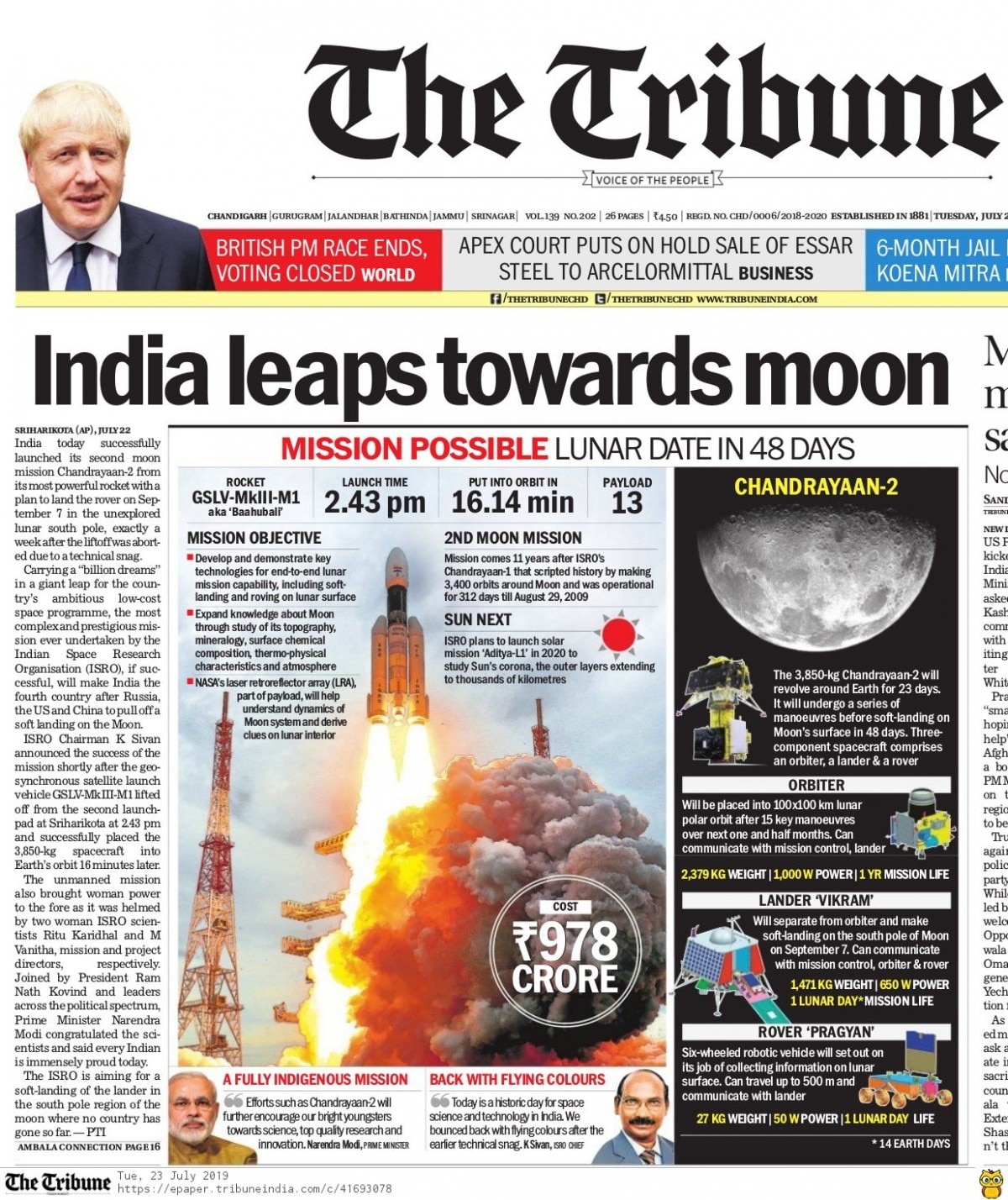
With the launch of the "May 27, 2025e-Paper", readers can access news and analysis on global events from an Indian perspective. From politics and business to technology and science, the paper covers a wide range of topics to provide a unique view on international affairs. Stay informed and broaden your perspective with the latest insights from India.
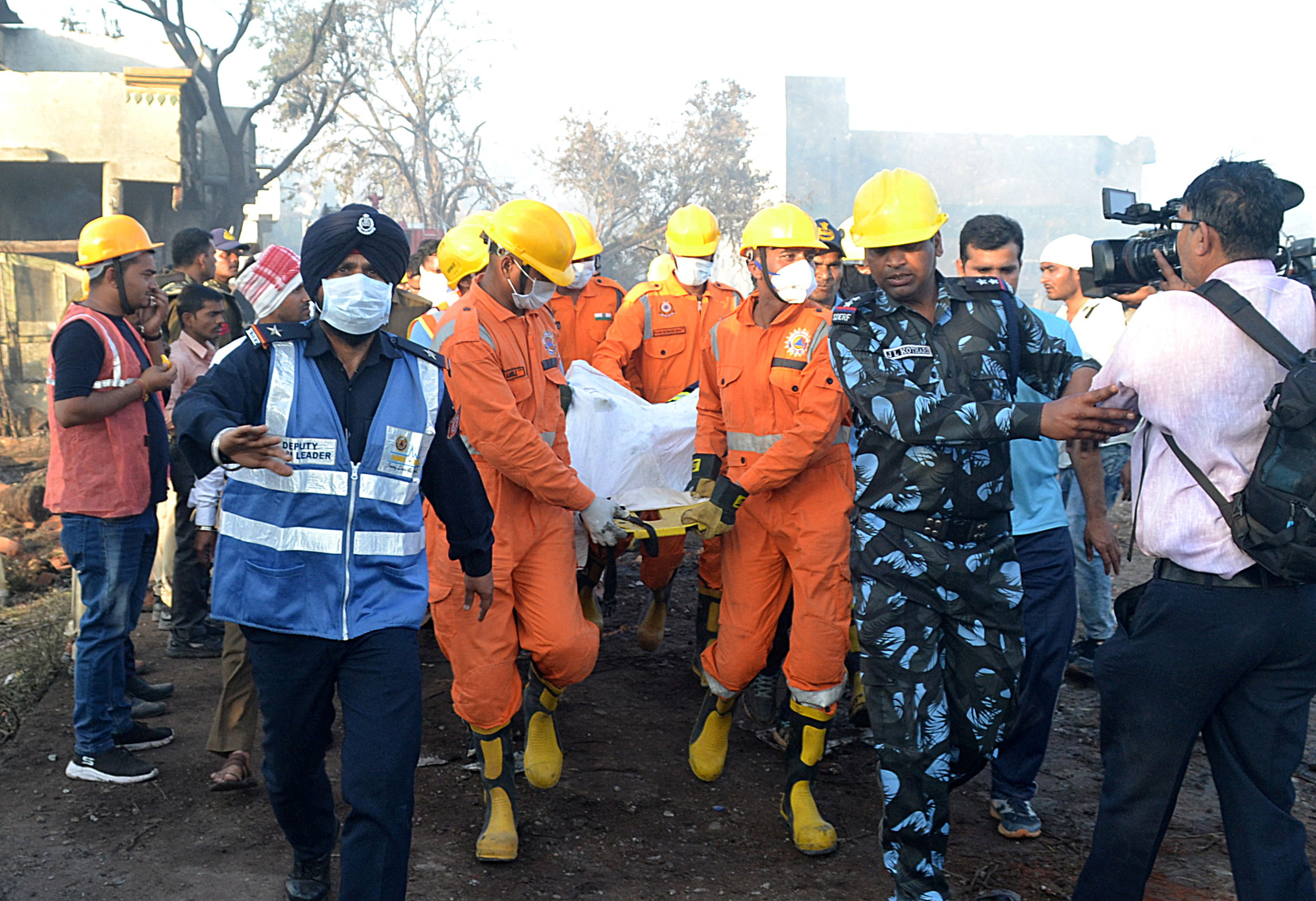
A tragic explosion at a firecracker factory in Punjab, India has claimed the lives of at least five people and injured 34 others. The owner of the factory, located in the village of Singhwala, has been identified as Tarsem Singh. Most of the workers were migrants from other states and were living within the factory building. Investigations are ongoing to determine the cause of the blast and legal action will be taken if any violations are found.

With International Yoga Day just around the corner, Prime Minister Narendra Modi extends an inspiring appeal to citizens worldwide to embrace yoga for holistic well-being and vibrant living. Praising the rising enthusiasm for the event in India and globally, he urges people to think creatively about celebrating the occasion. To mark the 11th edition of IDY, the Ministry of Ayush has curated 10 Signature Events, including Yoga Sangam, Yoga Unplugged, and Samyoga, to make yoga a part of diverse social and professional settings. Amidst preparations for this year's IDY, the Prime Minister expresses his excitement about joining the celebrations in Visakhapatnam and lauds the efforts of Andhra Pradesh's YogAndhra Abhiyan. Corporates, institutions, and the youth are also actively participating in making IDY an all-inclusive wellness movement.
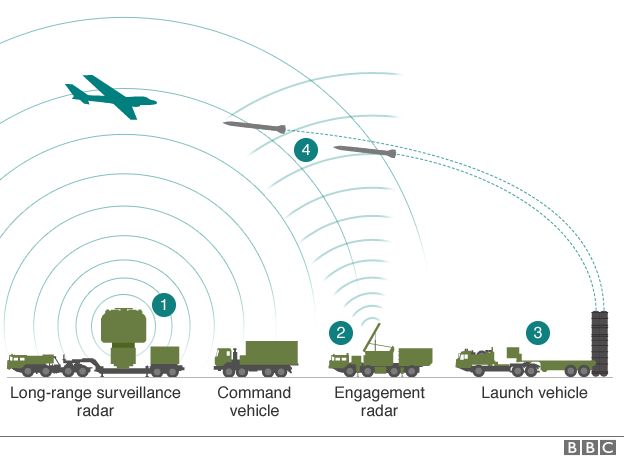
The Indian Air Force successfully intercepted and negated Pakistan's attempt to escalate tensions last night using the Russian-made S-400 missile defense system. This comes just a day after the Indian armed forces carried out precision strikes against terrorist camps in Pakistan and Pakistan-occupied Kashmir (PoK). The S-400 is one of the most advanced and deadly surface-to-air missiles, and here are five key facts to know about this powerful weapon system. Stay updated on this developing story on NDTV.com, providing latest news updates from India and around the world.

The tension between Russia and Ukraine escalates as NATO scrambles warplanes for the second consecutive night and Putin ignores Trump's criticism and continues to unleash airstrikes on Ukraine. Despite Trump's claims of having a good relationship with Putin, he warns that Putin's actions will lead to the downfall of Russia and urges for a peace deal. However, the Russian leader remains undeterred and carries out a third day of attacks, including on Kyiv. As a defensive measure, NATO aircraft were flown from Poland and the armed forces were activated to protect Ukraine's airspace.
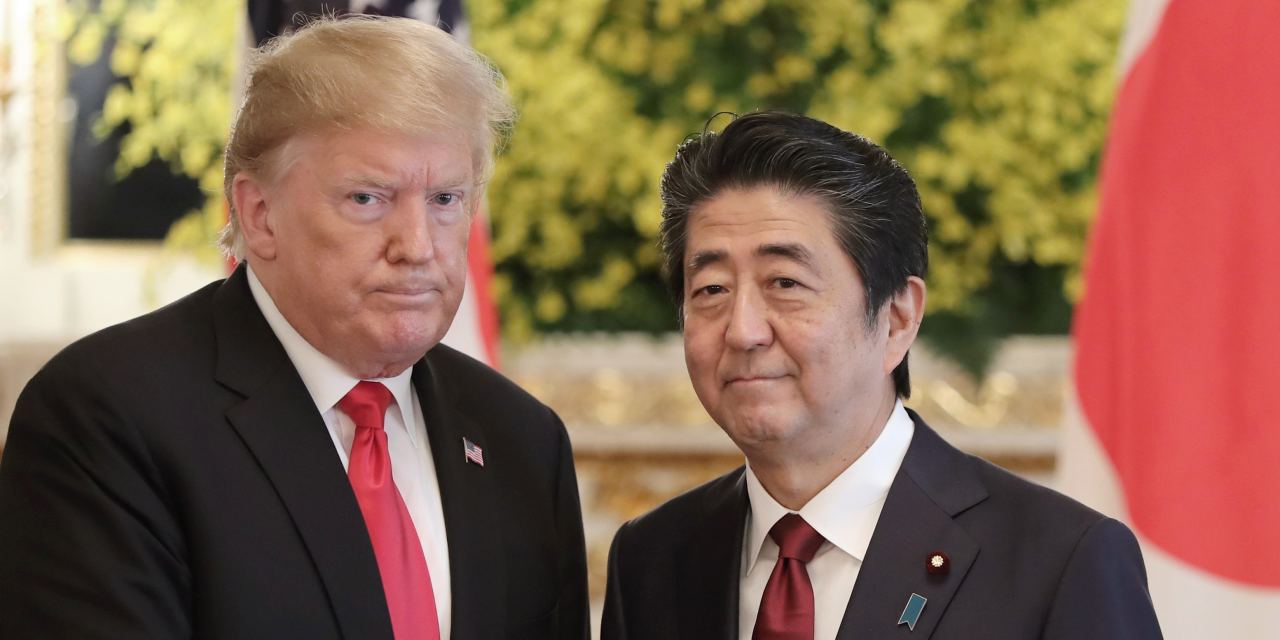
Japan is looking to ease tensions with the US by offering financial and technical assistance, including investment in an Alaskan natural gas pipeline project and shipbuilding expertise. Prime Minister Shigeru Ishiba plans to meet with President Donald Trump in June and hopes to reach an agreement by then. This comes as Japan's trade negotiator Ryosei Akazawa returns to Tokyo following talks with US counterparts. The country is also looking to bolster its defense capabilities by offering to help repair US battleships in the Asia-Pacific region.
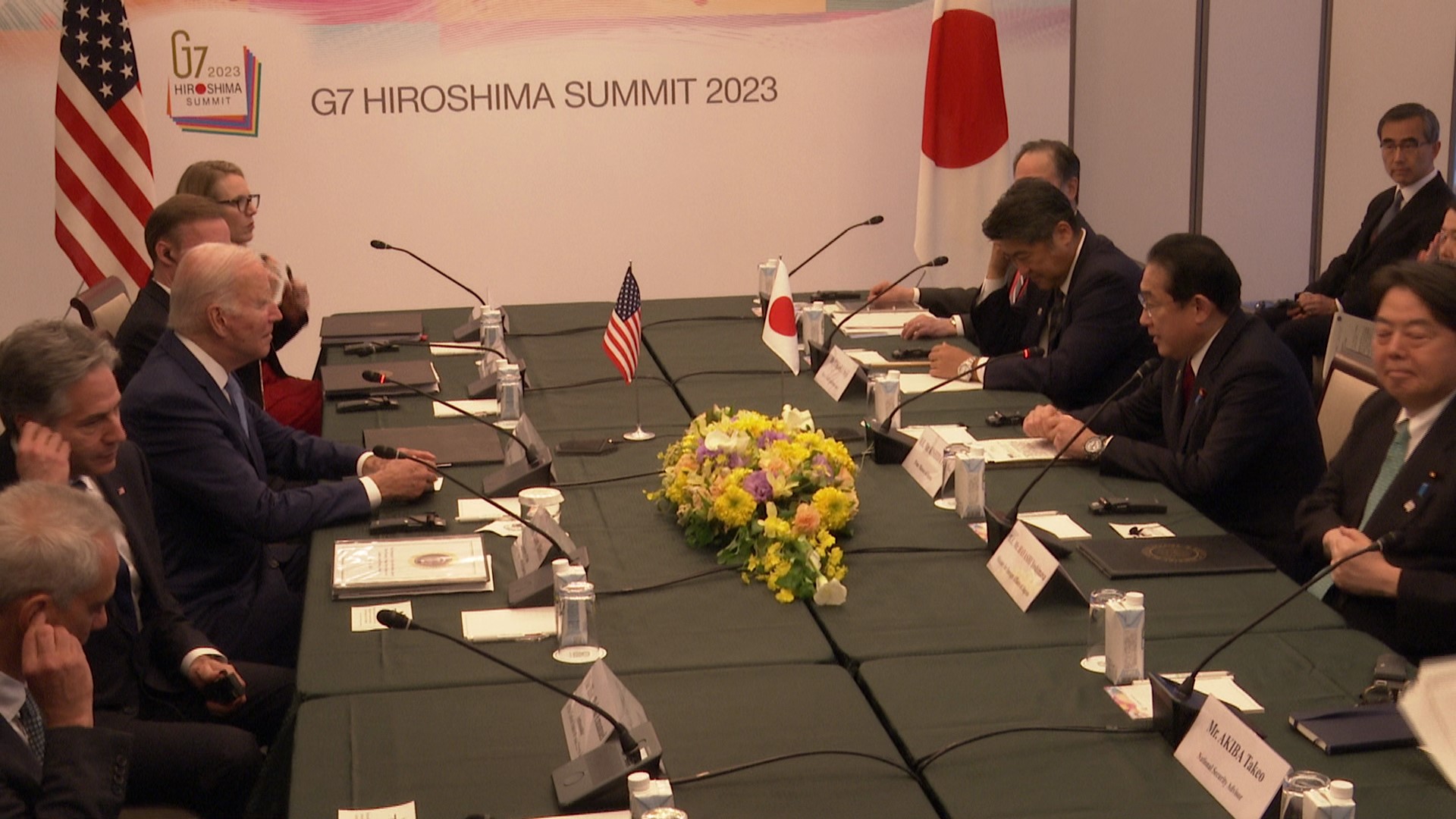
Japanese Prime Minister Ishiba Shigeru is determined to reach an agreement with US President Donald Trump during the G7 summit next month. This was confirmed after Ishiba met with chief negotiator Akazawa Ryosei on Sunday to discuss the latest round of bilateral negotiations. With the meeting of G7 leaders scheduled for June in Canada, Ishiba's government is also considering promoting cooperation in areas such as ship-building and US military vessel repair. Talks between the two countries are expected to continue later this week with both sides hoping for a convenient time for discussions.
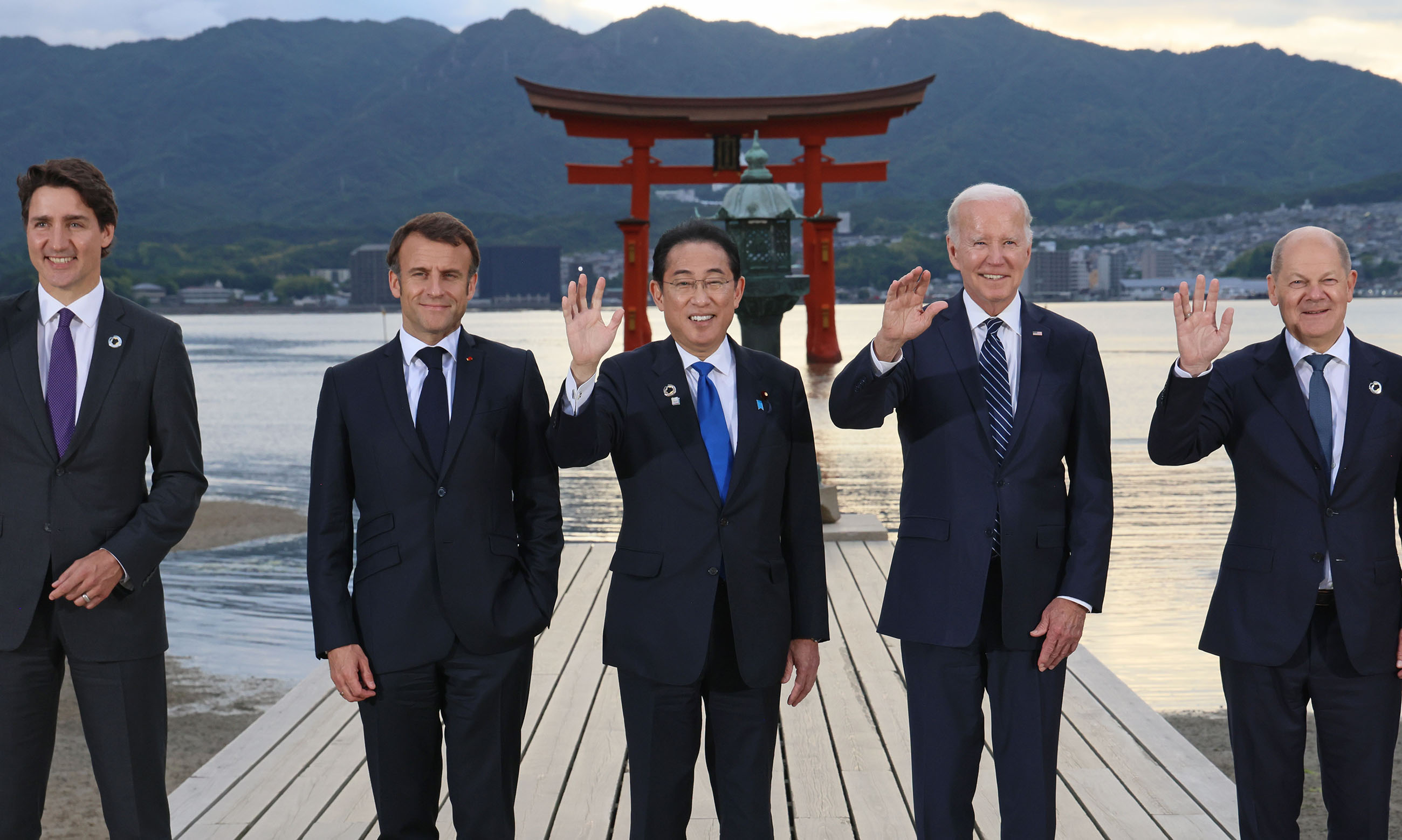
Speaking in Kyoto, Japanese Prime Minister Shigeru Ishiba announced plans to push forward trade negotiations with the United States during next month's Group of Seven summit. He noted progress in discussions on areas such as trade expansion, non-tariff measures, and economic security. Ishiba also mentioned a recent phone call with US President Donald Trump and expressed Japan's willingness to cooperate with the US in shipbuilding, specifically offering assistance in repairing US warships.